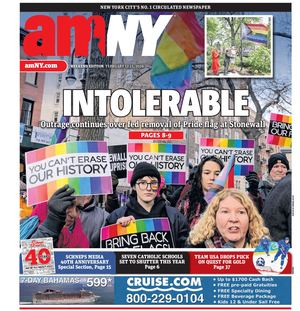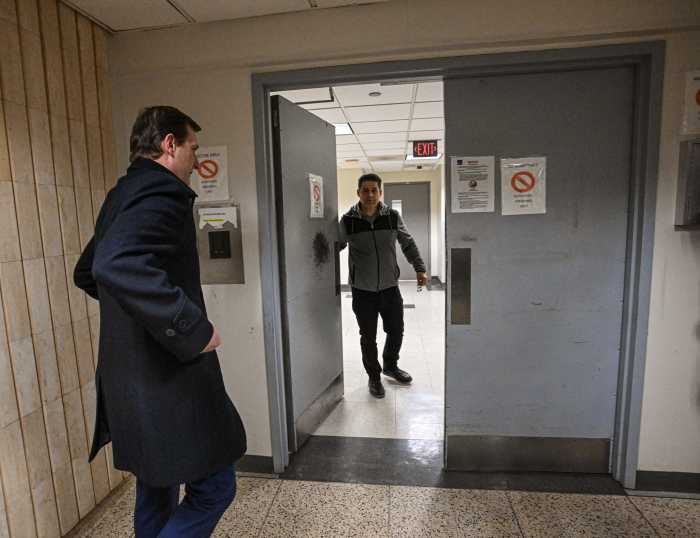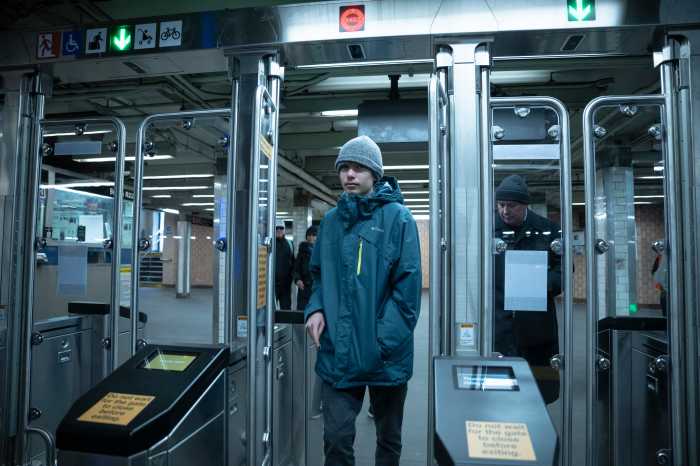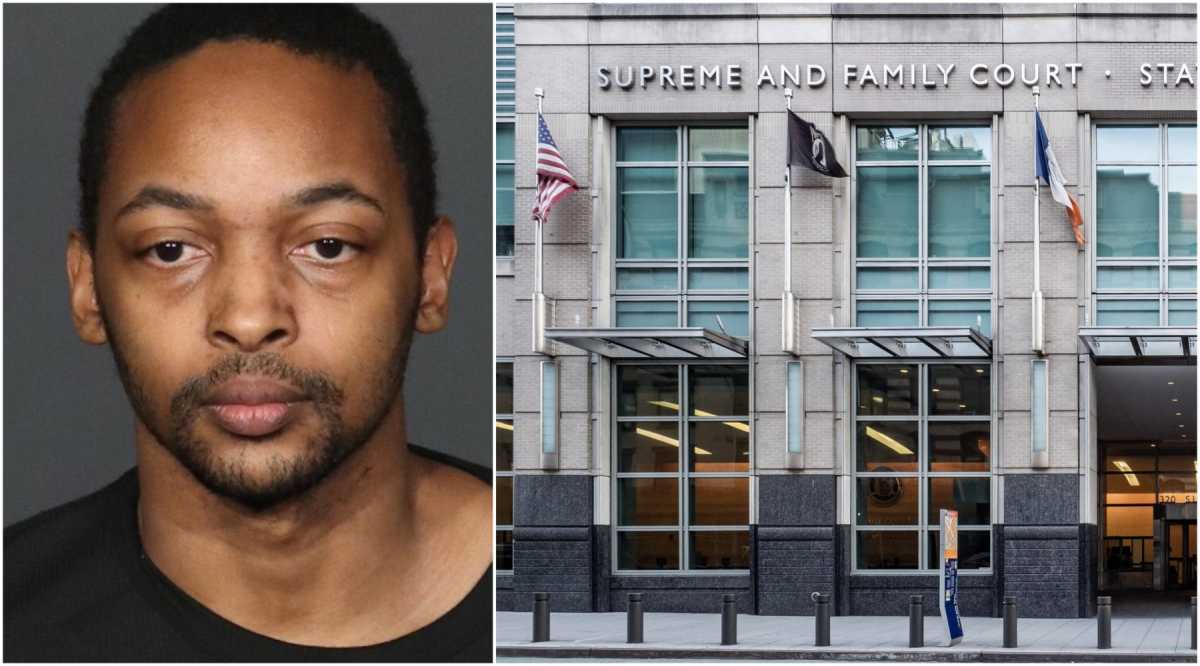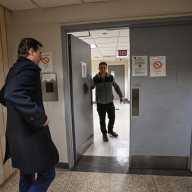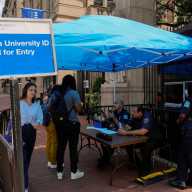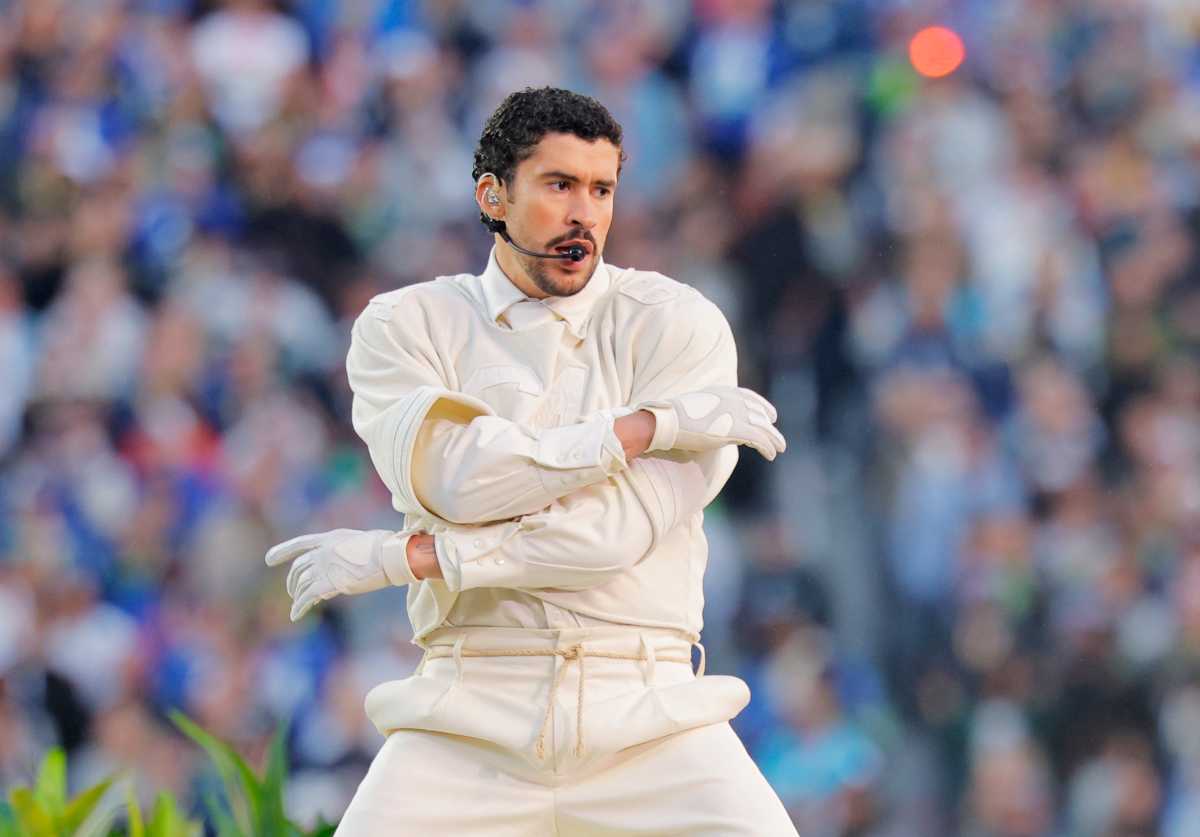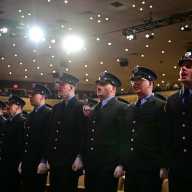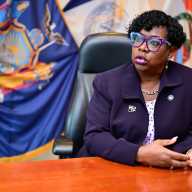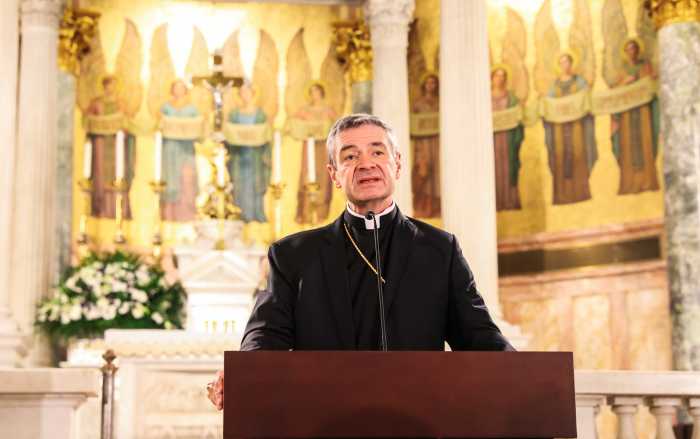
A first-of-its-kind degree program launching this fall looks to help close the computer-science teaching gap.
When the semester kicks off this Friday across CUNY schools, Queens College will start offering the only Master’s in Science Education degree in New York State.
The new degree, geared toward NYC public high school math teachers, prepares graduates to teach both math and computer science in grades 7-12, including AP courses in computer science.
“There are in New York State two AP courses in computer science, but a lot of high schools can’t offer them because they don’t have the faculty,” said Craig A. Michaels, dean of the Queens College Division of Education. “Our new program will prepare the next generation of math teachers to hopefully also be able to do those high-level AP courses.”
The program is in response to Computer Science for All, a 10-year city initiative launched in September 2015 to bring computer science education to all NYC public school students, from elementary to high school. To do that, the city estimates nearly 5,000 teachers will need computer science training.
The Queens College master’s degree program is geared toward new NYC public high school teachers who, as part of their state teaching certification requirements, still need a master’s degree.
The 30-credit Master’s in Science Education degree is designed for working teachers, with classes meeting once a week in the afternoon or early evening. By taking about six credits a semester, candidates typically complete the program in two years.
Queens College most likely will be taking walk-in applicants until the start of the semester, Michaels said. Candidates must have their initial New York State certification in mathematics (grades 7-12), take the GRE and have an undergraduate GPA of at least 3.0. As the program grows, the school hopes to have a full cohort of at least 20 students by the spring 2018 semester.
As more teachers become fluent in computer science, the next step will likely be creating an extension for a teacher’s license to acknowledge their training, like there is for bilingual teachers, Michaels said. There currently is no certificate for computer science, like there is for subjects such as biology or math, Michaels said.
“[Graduates] would not have another certificate based on their taking these computer science courses, but what they would have is the content courses to teach these classes at the high school level, which would make them very marketable,” he said.
